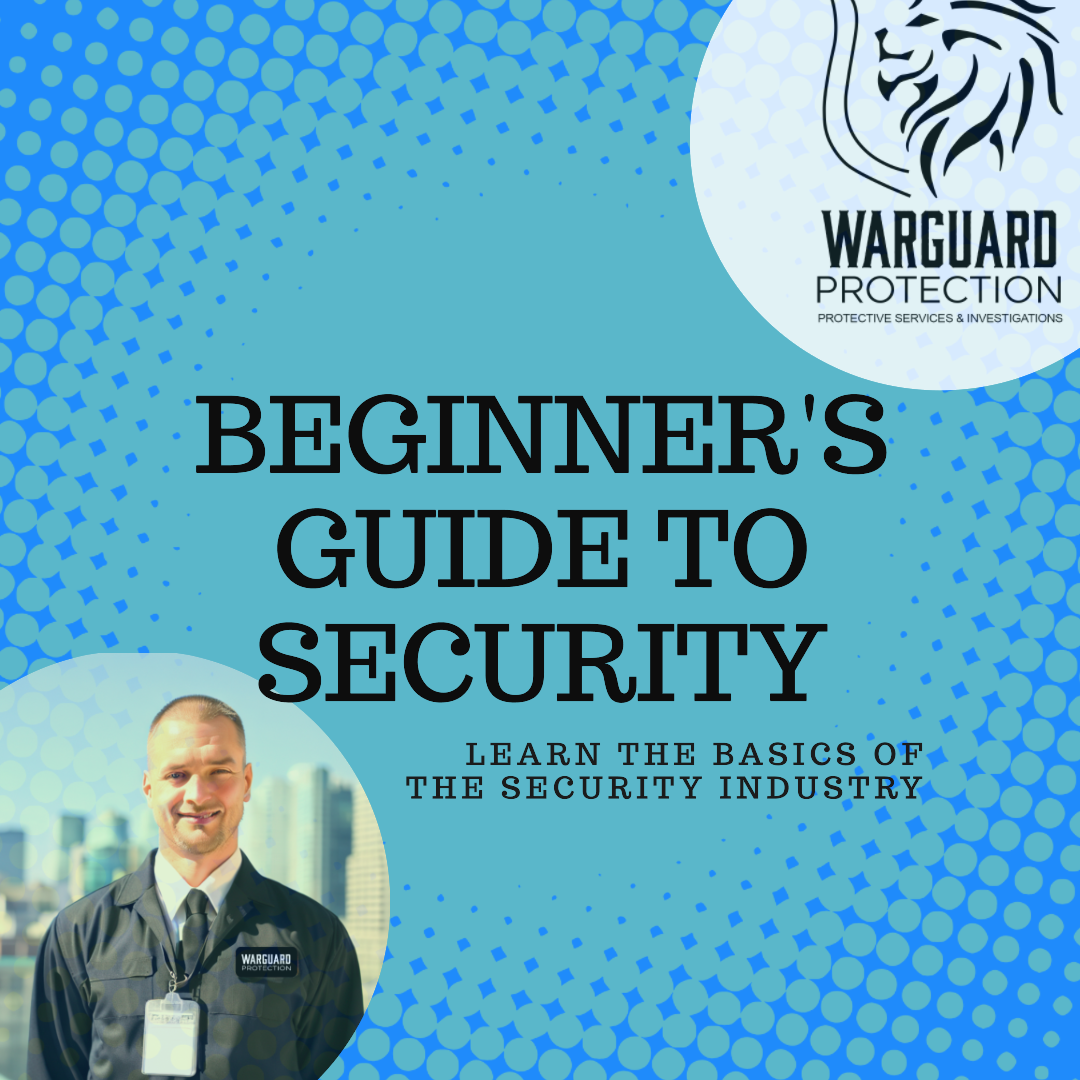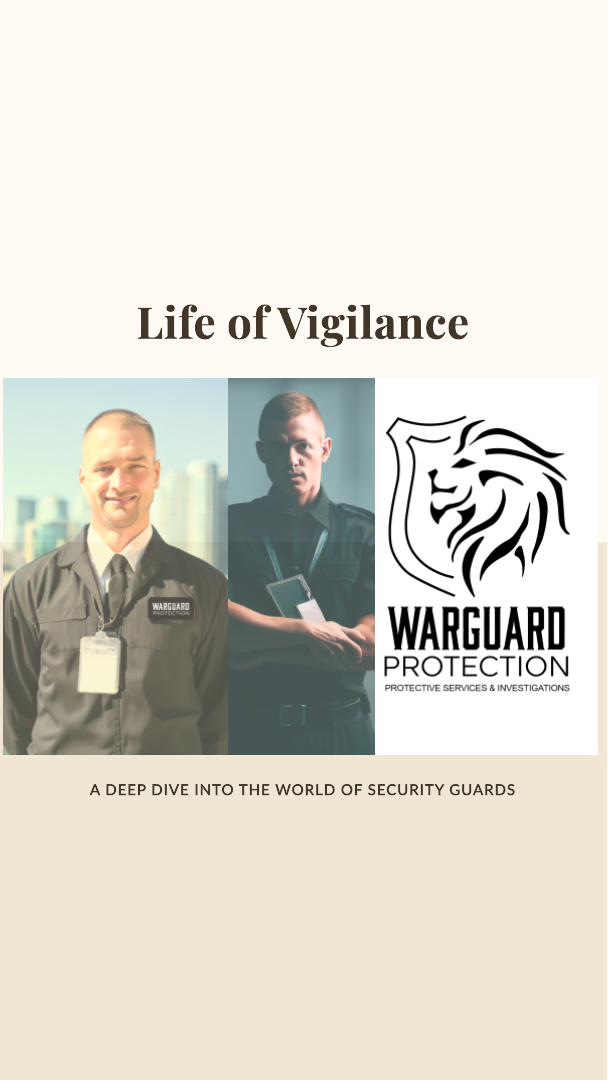- 2023-09-01 23:24:36
Unlocking Success: 10 Power Job Hunting Tips For The Security Industry
Unlocking Success: 10 Power Job Hunting
Tips for the Security Industry
SEO meta-description: Dive deep into comprehensive Job
Hunting Tips: Resume advice, interview preparation, and other resources
specifically for the security industry job seeker. Unearth the secrets to
landing that coveted security job!
Introduction
Entering the security industry? It's more than just
owning a black suit and looking stern. It's about being well-equipped,
well-informed, and constantly updated. Whether you're starting fresh or
pivoting from another sector, these job hunting tips, tailored especially for
you, will ensure your transition is smooth.
Job Hunting Tips: Resume advice, interview
preparation, and other resources specifically for the security industry job
seeker.
As a hopeful job seeker in the security industry,
there are unique challenges and expectations to anticipate. A solid resume,
paired with impactful interview skills, can be your ticket to a promising
career in security. Let's dive into the nitty-gritty of making your
professional journey shine!
Resume Craftsmanship for Security
Professionals
Your resume is your first impression. For a security
job, it needs to scream competence, experience, and trustworthiness. Here are
some pointers:
Highlight Relevant Experience:
Mention past security gigs, even if they were short-term or voluntary.
Skills that Shine:
Note down hard skills like 'CCTV operation' or soft ones like 'crisis
management'.
Certifications Matter:
If you've taken security courses or certifications, flaunt them!
The Power of Networking in the Security
Sphere
Ever heard the phrase "It's not what you know,
but who you know?" Well, it rings true even in the security world.
Join Security Associations:
Become an active member in security-focused groups.
Online Forums and Groups: Sites like LinkedIn have
many groups where security professionals hang out.
Essential Qualifications: What to Pursue
In the security realm, the right qualifications can
give you an edge. Consider:
Basic Training:
Start with a basic security guard training program.
Advanced Certifications:
Look into specialized courses based on your interest, be it cybersecurity or
personal protection.
Crafting a Digital Presence
We're in the digital age, and having an online
presence can set you apart.
LinkedIn: A well-crafted LinkedIn profile can be a
recruiter magnet.
Personal Website: Showcase your expertise,
experiences, and testimonials here.
Security Industry Interview Techniques
Now, let's talk interviews – the make or break moment.
Research the Company: Knowledge about the company's
security ethos can be a game-changer.
Mock Interviews: Practice makes perfect. Consider mock
interviews with mentors in the security industry.
The Art of Follow-Up
After the interview, don't just play the waiting game.
Be proactive!
Thank You Email: A quick note showing appreciation can
set you apart.
Stay in Touch: But don't pester! A gentle nudge after
a week can be apt.
Common Mistakes to Avoid
We all make mistakes, but knowing what they are can
keep you from stumbling.
Overconfidence: Confidence is great, but
overconfidence can overshadow your skills.
Not Asking Questions: Shows lack of interest or
preparation.
The Role of Continuous Learning
The security industry is ever-evolving. Stay ahead of
the curve by:
Attending Workshops: Stay updated with the latest in
security tech and protocols.
Reading Widely: Books, journals, or even blogs can be
great resources.
Navigating the Freelance Security Space
Thinking of going freelance? It's a bold move, but it
can pay off.
Build a Portfolio: Document all your assignments, no
matter how small.
Network Relentlessly: More so than in traditional
jobs.
Embracing the Future: Cybersecurity and
Beyond
The future of security is digital. With cyber threats
increasing, there's a rising demand for cybersecurity professionals.
Certifications in Cybersecurity: A must if you're
transitioning into this space.
Stay Updated: The digital world moves fast. Keep up
with trends and threats.
FAQs
What is the most sought-after skill in the
security industry?
While technical skills like surveillance expertise are crucial, soft skills
like communication and critical thinking are increasingly in demand.
How can I switch from traditional security
to cybersecurity?
Start with basic cybersecurity certifications and gradually build your
knowledge base with hands-on experience and advanced courses.
Do I need a license to be a security
guard?
In many regions, yes. It's best to check local regulations and ensure
compliance.
Is prior military or police experience
beneficial in private security roles?
Absolutely. Such backgrounds often instill discipline and skills that are
invaluable in security roles.
What's the average salary for a security
professional?
Salaries vary based on experience, region, and specialization. However, as per BLS, the median pay in 2020 was
around $29,000 annually for security guards.
How significant is the role of technology
in modern security jobs?
Huge! From AI surveillance to biometric systems, technology is reshaping the
security landscape.
Understanding the Varied Domains of
Security
The security sector isn't just about manning gates or
watching camera feeds. It's vast, varied, and continually evolving. Let's
explore some notable domains:
Physical Security:
The traditional realm which deals with safeguarding personnel, property, and
assets. Think of security guards, bodyguards, and surveillance operators.
Information Security:
A booming domain, it focuses on protecting data from unauthorized access,
ensuring confidentiality, availability, and integrity.
Cybersecurity:
With cyber-attacks becoming frequent, experts skilled in combating these
digital threats are in demand.
Executive Protection:
Often a role for those with elite training, these professionals ensure the
safety of high-profile individuals.
Event Security:
Large gatherings like concerts or sports events need specialized security to
manage crowds and potential threats.
Optimizing Your Job Search: Platforms and
Resources
So, where exactly should a security job seeker look?
Industry-specific Job Boards: Websites like
'SecurityJobFinder' or 'SecurityJobsNet' are tailored for this industry.
LinkedIn: Beyond networking, LinkedIn job postings can
be a goldmine.
Company Websites: Target top security companies and
regularly check their career sections for openings.
Networking Events: Security conferences, seminars, or
workshops can be places where opportunities serendipitously emerge.
Dress the Part: Importance of Professional
Attire
While skills and qualifications are paramount, how you
present yourself physically speaks volumes, especially in an industry that
values discipline and presentation.
Business Professional for Interviews: Suits for men,
and suits or business dresses for women, preferably in muted colors.
Understand the Role: If you're applying for a field
position, ensure you also have appropriate field attire that looks professional
yet functional.
Grooming Matters: Clean-shaven or neatly trimmed
facial hair, well-maintained hair, and polished shoes can make all the
difference.
Emotional Intelligence: The Underestimated
Skill
In tense situations, how you handle not just the
scenario but also the people involved can make or break an outcome.
Crisis Management: The ability to stay calm and think
logically is invaluable.
Effective Communication: Conveying information clearly
and succinctly, especially during emergencies, is essential.
Empathy: In many security roles, understanding and
managing human emotions, be it of a distressed employee or a concerned crowd,
can be crucial.
The Role of Ethics in Security
Honesty, integrity, and professionalism aren't just
words but the backbone of any security role.
Confidentiality:
Often, security professionals have access to sensitive information.
Safeguarding that is not just a duty but a sign of integrity.
Upholding Rules:
Whether it's company policy or legal regulations, a robust moral compass
ensures rules aren't bent or broken.
Transparency:
In case of mishaps or errors, owning up and working towards solutions is always
the best approach.
Conclusion
Embarking on a career in the security industry is a
commendable and potentially fulfilling journey. Whether you're drawn to the
traditional roles or the newer, tech-heavy domains, there's no denying the
industry's growth and significance. Equip yourself with the right skills,
attitudes, and attire, and remember: in this field, continuous learning isn't
just a catchphrase; it's a necessity. Stand tall, stay vigilant, and your path
in the security sector will undoubtedly be a rewarding one. Happy job hunting!







